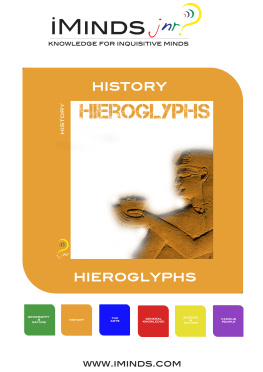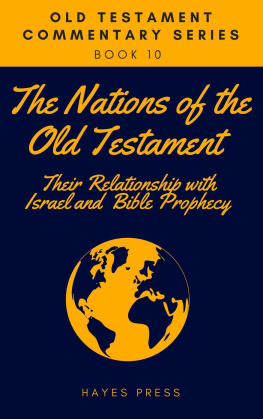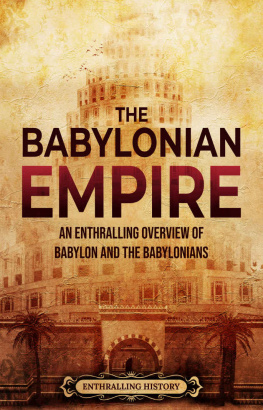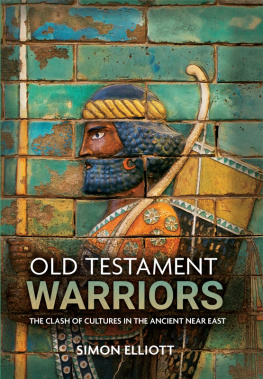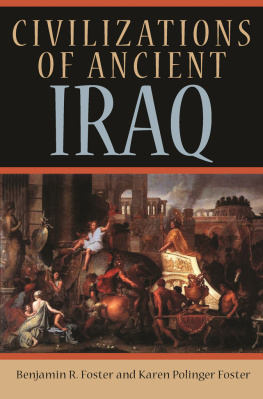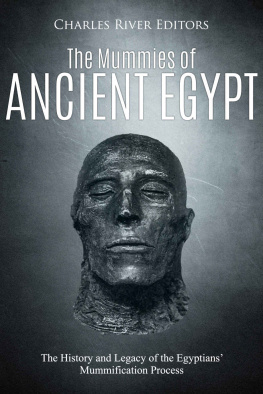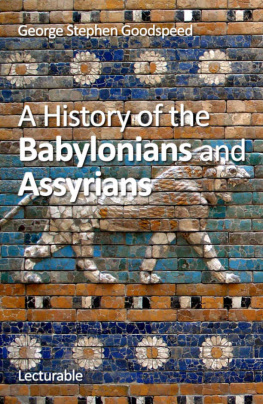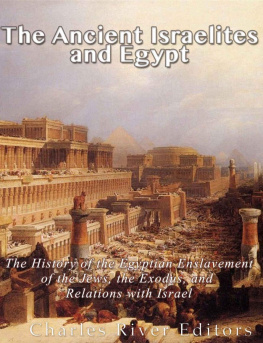A Letter written by the Right Reverend Dr. Francis Atterbury , late Lord Bishop of Rochester, to M. Rollin , in commendation of this Work.
Reverende atque Eruditissime Vir,
Cum, monente amico quodam, qui juxta des tuas habitat, scirem te Parisios revertisse; statui salutatum te ire, ut primm per valetudinem liceret. Id officii, ex pedum infirmitate aliquandiu dilatum, cm tandem me impleturum sperarem, frustr fui; domi non eras. Restat, ut quod corm exequi non potui, scriptis saltem literis prstem; tibique ob ea omnia, quibus te auctus sum, beneficia, grates agam, quas habeo cert, et semper habiturus sum, maximas.
Rever munera ilia librorum nuperis te annis editorum egregia ac perhonorifica mihi visa sunt. Multi enim facio, et te, vir prstantissime, et tua omnia qucunque in isto literarum genere perpolita sunt; in quo quidem Te cteris omnibus ejusmodi scriptoribus facil antecellere, atque esse eundem et dicendi et sentiendi magistrum optimum, prorss existimo; cmque in excolendis his studiis aliquantulum ipse et oper et temporis posuerim, liber tamen profiteor me, tua cum legam ac relegam, ea edoctum esse te, non solm qu nesciebam prorsus, sed etiam qu ante didicisse mihi visus sum. Modest itaque nimim de opere tuo sentis, cm juventuti tantm instituend elaboratum id esse contendis. Ea cert scribis, qu viris istiusmodi rerum haud imperitis, cum voluptate et fructu legi possunt. Vetera quidem et satis cognita revocas in memoriam; sed ita revocas, ut illustres, ut ornes; ut aliquid vetustis adjicias quod novum sit, alienis quod omnino tuum: bonasque picturas bon in luce collocando efficis, ut etiam iis, quibus spissim conspect sunt, elegantiores tamen solito appareant, et placeant magis.
Cert, dum Xenophontem spis versas, ab illo et ea qu te plurimis in locis narrantur, et ipsum ubique narrandi modum videris traxisse, stylique Xenophontei nitorem ac venustam simplicitatem non imitari tantm, sed plan assequi: ita ut si Gallic scisset Xenophon, non aliis ilium, in eo argumento quod tractas, verbis usurum, non alio prorss more scripturum judicem.
Hc ego, haud assentandi caus, (quod vitium procul me abest,) sed ver ex animi sententi dico. Cm enim pulchris te donis ditatus sim, quibus in eodem, aut in alio quopiam doctrin genere referendis imparem me sentio, volui tamen propensi erga te animi gratique testimonium proferre, et te aliquo saltem munusculo, etsi perquam dissimili, remunerari.
Perge, vir docte admodm et venerande, de bonis literis, qu nunc neglect passim et spret jacent, ben mereri: perge juventatem Gallicam (quando illi solummod te utilem esse vis) optimis et prceptis et exemplis informare.
Quod ut facias, annis tatis tu elapsis multos adjiciat Deus! iisque decurrentibus sanum te prstet atque incolumem. Hoc ex animo optat ac vovet
Tui observantissimus
Franciscus Roffensis.
Pransurum te mecum post festa dixit mihi amicus ille noster qui tibi vicinus est. Cm statueris tecum quo die adfuturus es, id illi significabis. Me cert annis malisque debilitatum, quandocunque veneris, domi invenies.
6 Kal. Jan. 1731.
A Letter written by the Right Reverend Dr. Francis Atterbury , late Lord Bishop of Rochester, to M. Rollin , in commendation of this Work.
Reverend and most Learned Sir,
When I was informed by a friend who lives near you, that you were returned to Paris, I resolved to wait on you, as soon as my health would admit. After having been prevented by the gout for some time, I was in hopes at length of paying my respects to you at your house, and went thither, but found you not at home. It is incumbent on me therefore to do that in writing, which I could not in person, and to return you my acknowledgments for all the favours you have been pleased to confer upon me, of which I beg you will be assured, that I shall always retain the most grateful sense.
And indeed I esteem the books you have lately published, as presents of exceeding value, and such as do me very great honour. For I have the highest regard, most excellent Sir, both for you, and for every thing that comes from so masterly a hand as yours, in the kind of learning you treat; in which I must believe that you not only excel all other writers, but are at the same time the best master of speaking and thinking well; and I freely confess that, though I had applied some time and pains in cultivating these studies, when I read your volumes over and over again, I was instructed in things by you, of which I was not only entirely ignorant, but seemed to myself to have learnt before. You have therefore too modest an opinion of your work, when you declare it composed solely for the instruction of youth. What you write may undoubtedly be read with pleasure and improvement by persons not unacquainted with learning of the same kind. For whilst you call to mind ancient facts and things sufficiently known, you do it in such a manner, that you illustrate, you embellish them; still adding something new to the old, something entirely your own to the labours of others: by placing good pictures in a good light, you make them appear with unusual elegance and more exalted beauties, even to those who have seen and studied them most.
In your frequent correspondence with Xenophon, you have certainly extracted from him, both what you relate in many places, and every where his very manner of relating; you seem not only to have imitated, but attained the shining elegance and beautiful simplicity of that author's style: so that had Xenophon excelled in the French language, in my judgment he would have used no other words, nor written in any other method, upon the subject you treat, than you have done.
I do not say this out of flattery, (which is far from being my vice,) but from my real sentiments and opinion. As you have enriched me with your fine presents, which I know how incapable I am of repaying either in the same or in any other kind of learning, I was willing to testify my gratitude and affection for you, and at least to make you some small, though exceedingly unequal, return.
Go on, most learned and venerable Sir, to deserve well of sound literature, which now lies universally neglected and despised. Go on, in forming the youth of France (since you will have their utility to be your sole view) upon the best precepts and examples.
Which that you may effect, may it please God to add many years to your life, and during the course of them to preserve you in health and safety. This is the earnest wish and prayer of
Your most obedient Servant,
Francis Roffen.
P.S.Our friend, your neighbour, tells me you intend to dine with me after the holidays. When you have fixed upon the day, be pleased to let him know it. Whenever you come, you will be sure to find one so weak with age and ills as I am, at home.
December 26, 1731.


